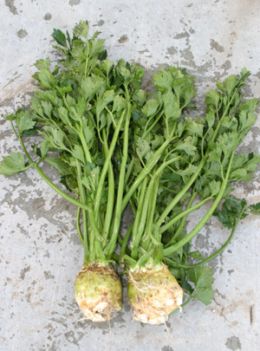Cinnamon is a small tree that grows in India, Sri Lanka, Indonesia, Brazil, Vietnam, and Egypt.
It’s one of the oldest known spices. To prepare it, the bark of the cinnamon tree is dried and rolled into cinnamon sticks, also called quills. Cinnamon can also be dried and ground into a powder.
The characteristic flavor and aroma of cinnamon comes from a compound in the essential oil of the bark called cinnamonaldehyde.
Although there are four main varieties of cinnamon, Ceylon cinnamon and Cassia cinnamon are the most popular.
Ceylon cinnamon is sometimes called true cinnamon. It is more expensive and has a sweet taste. The quills are softer and can be easily ground in a coffee grinder. Ceylon cinnamon is sold in specialty stores.
Most cinnamon sold in supermarkets in North America comes from the less expensive variety, Cassia cinnamon. It has a darker color and the quills are harder. Unlike Ceylon cinnamon, it can’t be easily ground into a powder using a coffee grinder.Cinnamon has extremely high anti-oxidant activity, and the oil of cinnamon has strong anti-bacterial and anti-fungal properties. Cinnamon is also a great source of manganese, fiber, iron, and calcium. As a result, it has been used as an effective home remedy for:
Benefits of Cinnamon
Cinnamon has extremely high anti-oxidant activity, and the oil of cinnamon has strong anti-bacterial and anti-fungal properties. Cinnamon is also a great source of manganese, fiber, iron, and calcium. As a result, it has been used as an effective home remedy for:
- Reducing blood sugar levels and treating Type 2 Diabetes.
- Lowering cholesterol.
- Aiding digestion.
- Treating diarrhea.
- Curing the common cold.
- Reducing arthritis pain.
- Boosting memory and cognitive function.
- Treating toothaches.
- Eliminating bad breath.
- Curing headaches and migraine pain.

